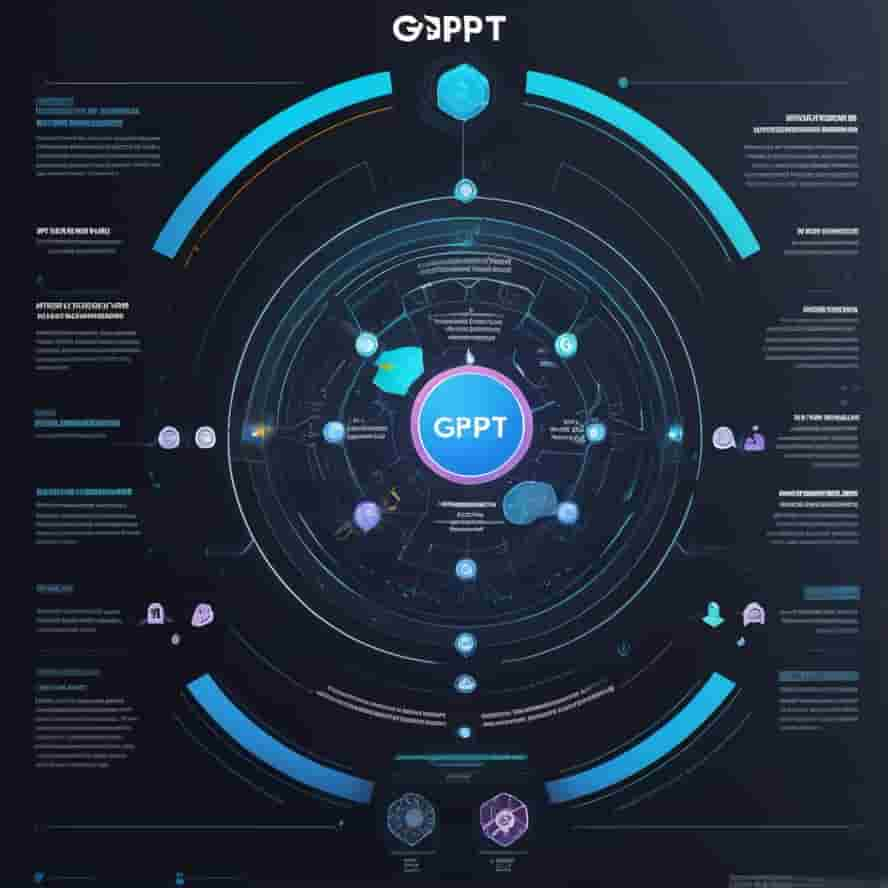December Launch Looms Large
Google is gearing up to unveil its next-generation AI language model, Gemini 2.0, in December. This highly anticipated release comes after the successful launch of Gemini 1.0 last year. However, recent reports suggest that Gemini 2.0 might not deliver the groundbreaking performance leap that was initially expected.
LLM Stagnation Thesis Gains Traction
The potential underperformance of Gemini 2.0 has fueled speculation about a broader trend in the LLM space: stagnation. Several tech giants, including Google, have acknowledged the challenges of achieving significant advancements in LLM capabilities. This has led to concerns that the rapid progress seen in recent years may be slowing down.
Key Takeaways:
- Gemini 2.0’s December Launch: Google is set to unveil its next-gen LLM in December.
- Performance Expectations: Reports suggest that Gemini 2.0 might not deliver the expected performance boost.
- LLM Stagnation Thesis: This potential underperformance aligns with the growing belief that LLM development is hitting a plateau.
- Industry-wide Challenges: Other tech companies have also expressed similar concerns about LLM advancements.
What Does This Mean for the Future of AI?
If the LLM stagnation thesis proves true, it could have significant implications for the future of AI. While current models are undoubtedly impressive, they may be reaching their limits in terms of capabilities and performance. This could lead to a shift in focus towards other areas of AI research, such as embodied AI or specialized AI applications.
It’s important to note that LLM development is still a relatively young field. There is still much potential for innovation and breakthroughs. However, the challenges faced by leading companies like Google suggest that the path to true artificial general intelligence may be more difficult than initially anticipated.
Stay tuned for more updates on Gemini 2.0 and the broader landscape of LLM development.



